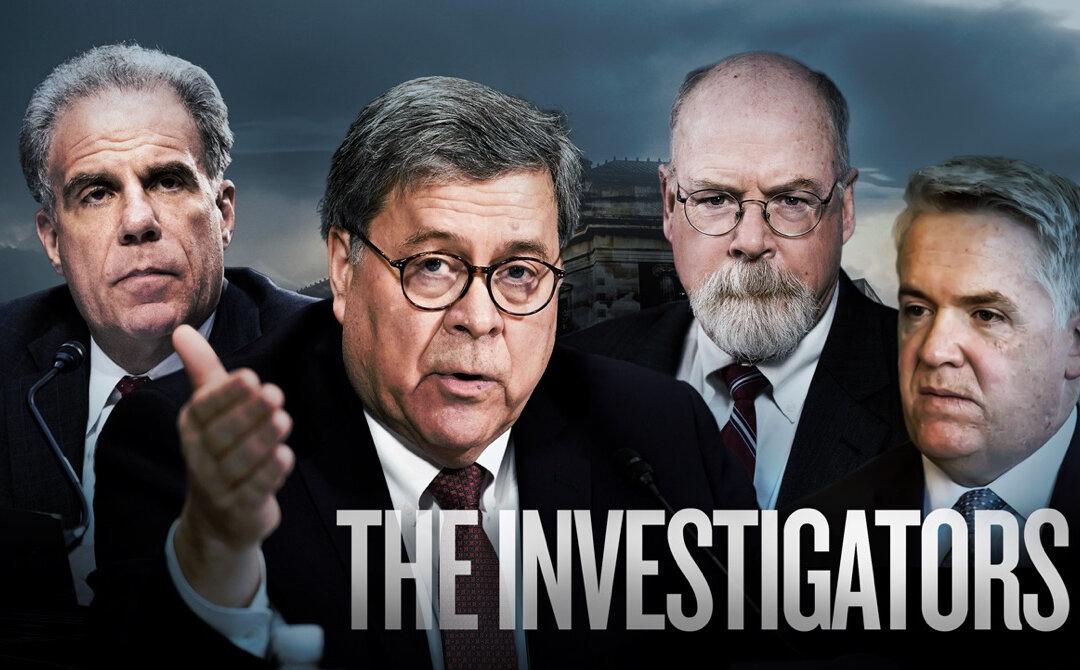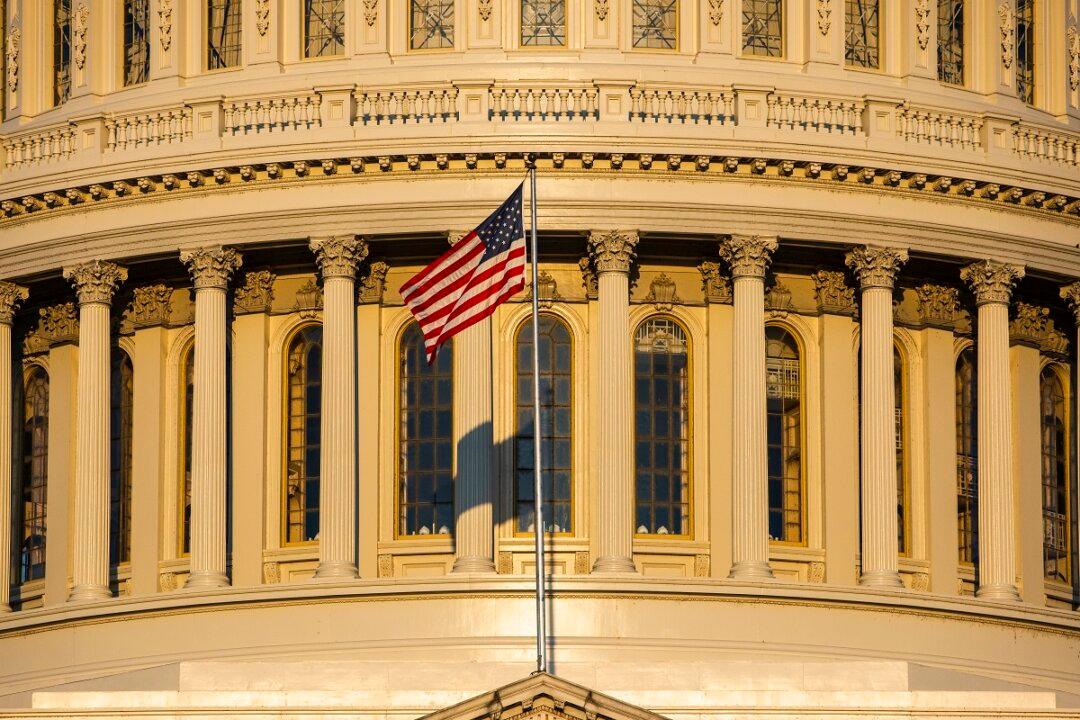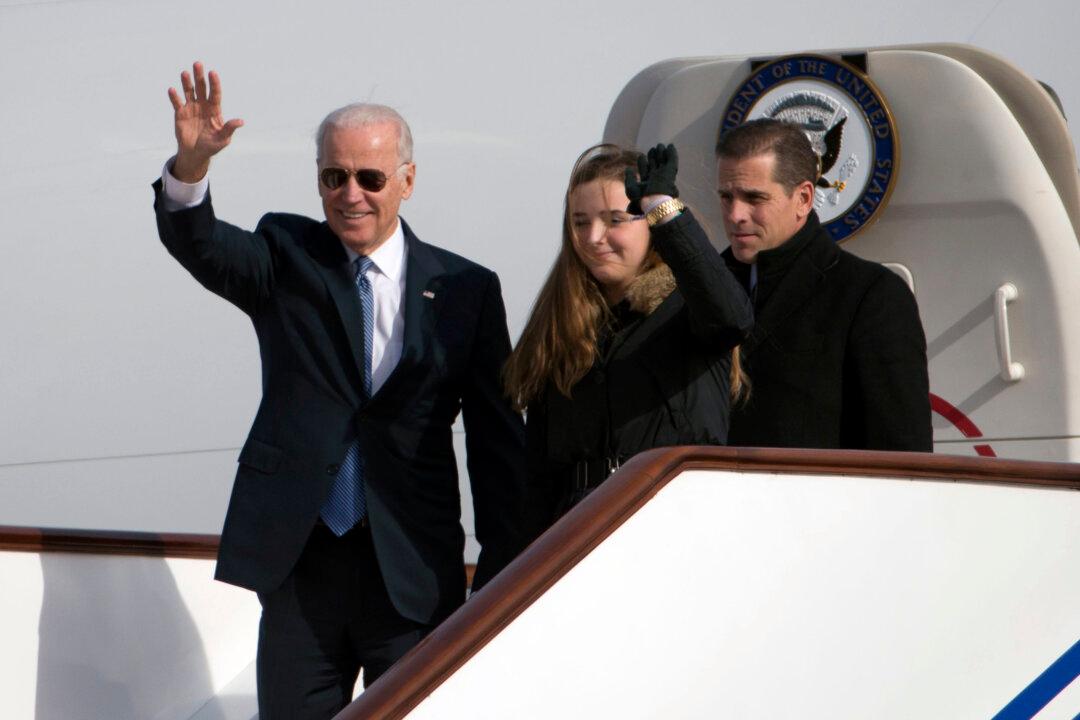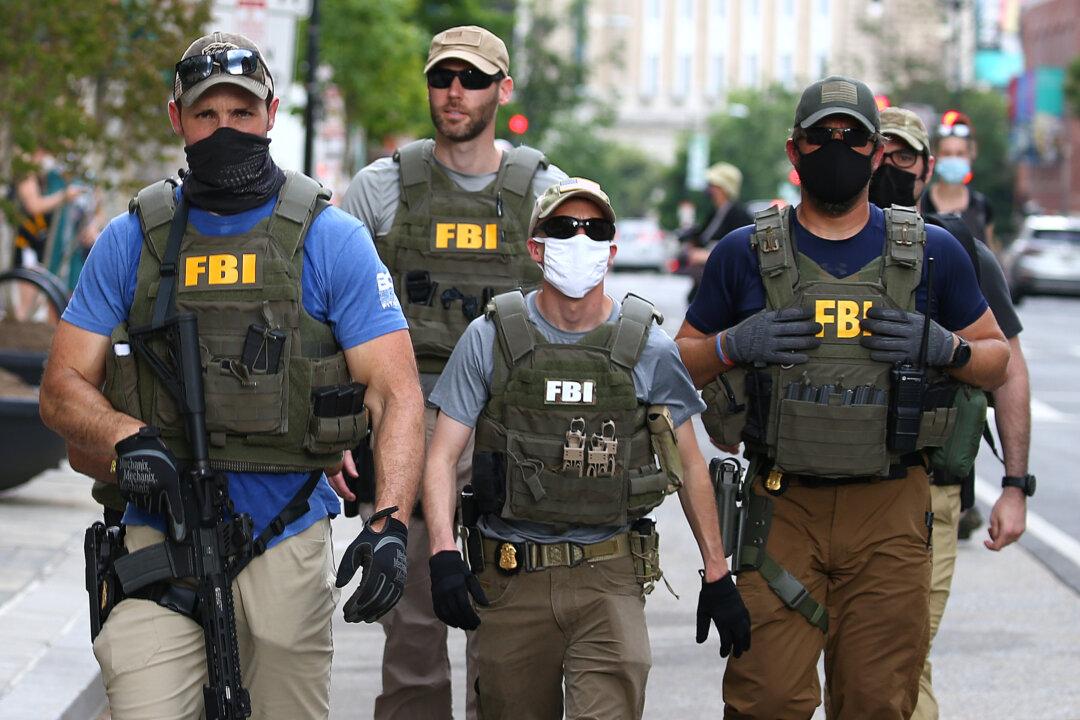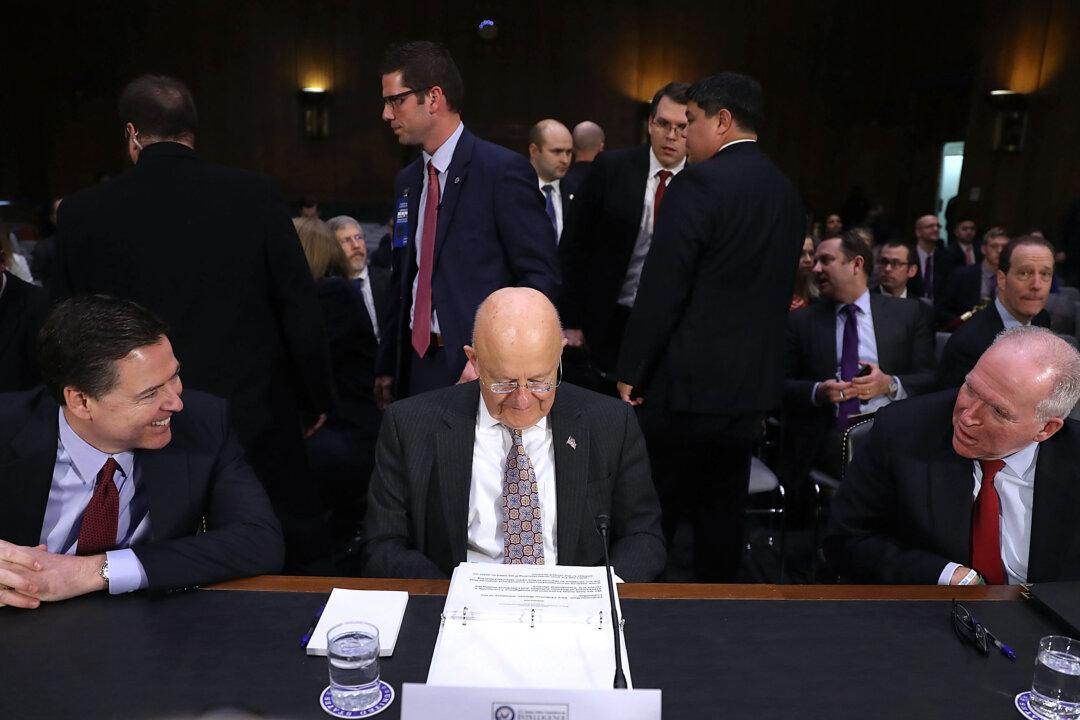Commentary
On May 11, Rod Rosenstein left the Department of Justice after a distinguished 29-year career. On May 13, it became public that Attorney General William Barr has tasked U.S. Attorney for Connecticut John Durham to look into the origins of the investigations into the Trump campaign.
